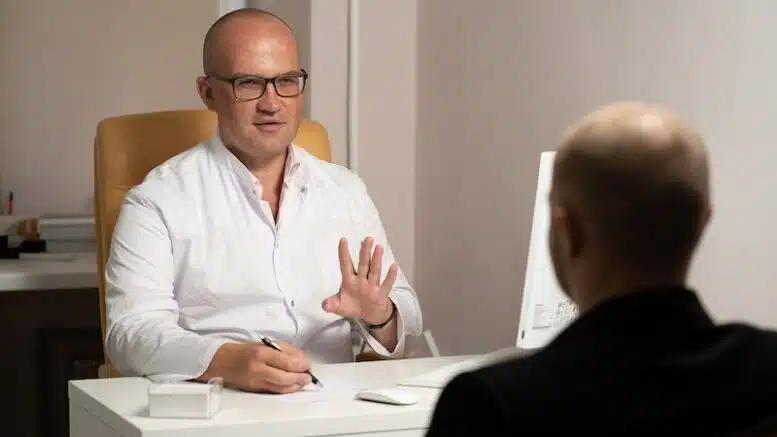Physicians are considered to be the role model of society. Not only because they have proper medical knowledge, but for their will and ability to help people. They are known to be life saviors.
With the up-gradation in technology, the medical field is also updating. This means the duties and responsibilities are also rising. Physicians serve people with the best possible advice with their appropriate knowledge. The roles of a physician are given below:
Medical expert
The primary role of a physician is to serve as medical experts. They perform all the medical activities like the diagnostic and therapeutic tests. They manage the situation where any kind of medical decisions and prioritization is needed.
A drawback of the medical services is that they are often unpredictable and complex. Most of the time, decisions are taken, and priorities are set based on the uncertain shreds of evidence and inadequate information.
Thus, medical services always require the best practitioners, and they are the physicians. To handle a situation or scenarios like these, mastery and health-scientific knowledge are most necessary.
Physicians, along with their skillful knowledge, puts their mastery of creative solutions into work to overcome such situations. If any kind of medical help is required regarding actions to be taken and payments, one can have a look at the National Physician Database. They also contain the name of the best physician and doctors available.
Communication skills
Physicians also act as communicators. They convey medical solutions and discuss medical problems through mutual understanding with their parties. The parties not only may include patients but also other collaboration partners like relatives and colleagues.
They perform these tasks through written, oral, and visual media. Based on the nature of information and mutual understanding with his or her patients, the physician contributes to a statement.
A physician uses both experience-based knowledge and research-based knowledge to serve the patients. Their ability to see, listen, understand, and respect their patients is what makes them a good communicator.
Management skills
A work of a collaborator is to encourage teamwork or collaboration actively. And, this is what a physician does. A good physician always makes sure that all of his team partners are involved in executing a disciplinary or interdisciplinary collaboration.
He or she also encourages initiatives when a core task is to be delivered at an individual, administrative, or social level. And as managers, a physician shows leadership qualities and supervises others in terms of work planning and prioritization.
They make sure that all the needful resources are available and perform the task in both strategic and scientific management. With their well-disciplined skills, best practices, and knowledge, they overcome complex situations in the medical field at a societal and organizational level.
Guides as health advocates and scholars
Physicians implement their influence on a patient’s health behavior. They motivate and provide proper guidance and advise them on the preventive measures that are to be taken. They also help in implementing and initiating the measures.
A physician encourages health-protection measures in their daily life as soon as they encounter a patient with health problems. They work actively to make an environment when a person takes responsibility for his or her own health.
Based on the clinical-practice, a physician must have a scholarly approach while evaluating questions and searching for the answers. They contribute to the development of medical practices by participating in development projects and researches. They always stay updated and keep knowledge at all levels of the medical field.
Conclusion
A physician takes inherent challenges and gathers knowledge about unpredictability, uncertainty, ethical dilemmas, and complexity that takes in regular medical practices. They respect the integrity of their patients and give the best possible judgment. They recognize their own limits and thus provide conscious decisions and always stay read to help others.
